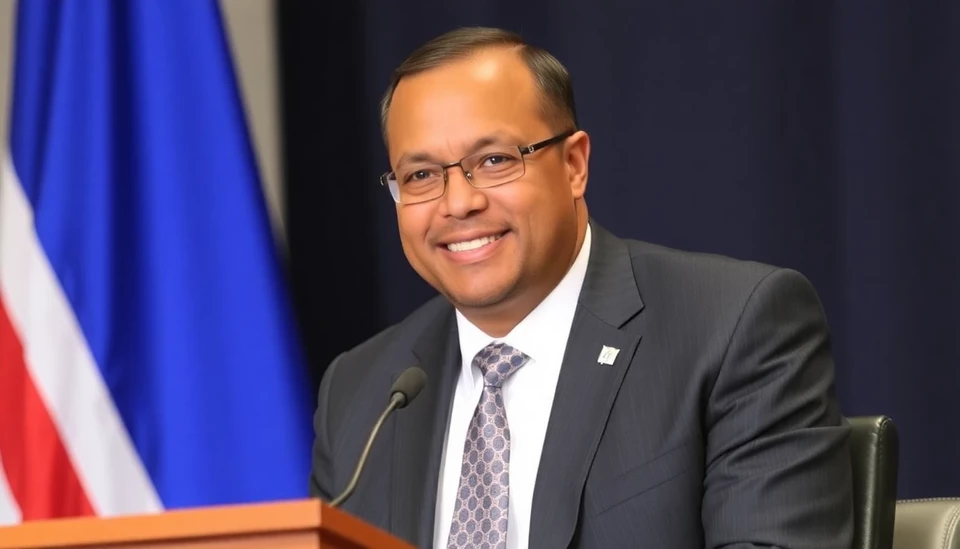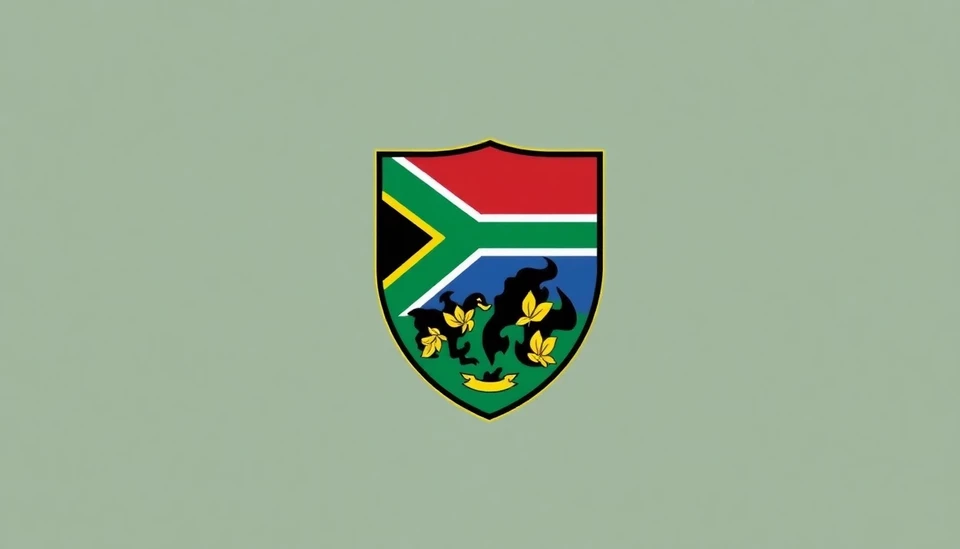
South Africa’s Finance Minister, Enoch Godongwana, has firmly rejected a proposal from Transnet, the state-owned freight and rail company, which sought relief from its debt obligations. Transnet has been grappling with significant financial challenges, with its requests for government assistance coming to a head as the company continues to face steep losses. Godongwana's stance is grounded in his concern over the implications that such a bailout could have on the country’s fiscal health and overall economic stability.
The issue arises as Transnet has reported a staggering R80 billion ($5 billion) in debt. This financial burden has been exacerbated by operational inefficiencies and ongoing infrastructural challenges, leading to severe criticism regarding the company’s performance and management. The government’s hesitation to intervene financially stems from a broader imperative to maintain sound fiscal discipline, especially in light of the country’s own economic woes.
Godongwana emphasized that providing financial support to Transnet would set a concerning precedent for other state-owned enterprises. Many analysts have pointed out that a bailout could prompt numerous requests for debt forgiveness from other struggling entities, further straining South Africa’s already stretched fiscal resources. The Finance Minister underscored the importance of reforming the existing operational frameworks of such companies instead of simply providing them with financial lifelines.
The current administration has been working towards a fiscal consolidation plan, aiming to stabilize public finances and restore confidence among international investors. As part of this strategy, Godongwana and his team are focused on ensuring that any financial aid in the future comes with strict conditions to promote accountability and sustainability within state-owned enterprises. Officials indicate that without significant operational changes, continued and increasing financial support to Transnet would only exacerbate the cyclical nature of its financial distress.
This decision from the finance minister marks a critical moment in South Africa's approach to state-owned companies struggling under financial strain. It highlights the balancing act that the government must perform between supporting vital national services and maintaining a robust economic environment. Critics of the government's approach argue that a refusal to provide immediate relief could further endanger Transnet’s operations and impact the essential logistics sector in the country, which has already been under immense pressure.
As discussions continue regarding the future of Transnet, it is clear that the resolution will require careful navigation of complex economic realities, heavy scrutiny from various stakeholders, and an undeniable need for substantial reforms to achieve a sustainable future for South Africa's vital state-owned enterprises.
South Africa stands at a crossroads, determined to stabilize its economy while confronting the challenges posed by critical infrastructure companies like Transnet. The outcomes of this interplay will have lasting implications on the fiscal health of the nation and its ability to foster growth moving forward.
#SouthAfrica #FinanceMinister #Transnet #DebtRelief #EconomicStability #StateOwnedEnterprises #FiscalDiscipline #InfrastructureChallenges
Author: Rachel Greene




